Horror is beyond the reach of psychology
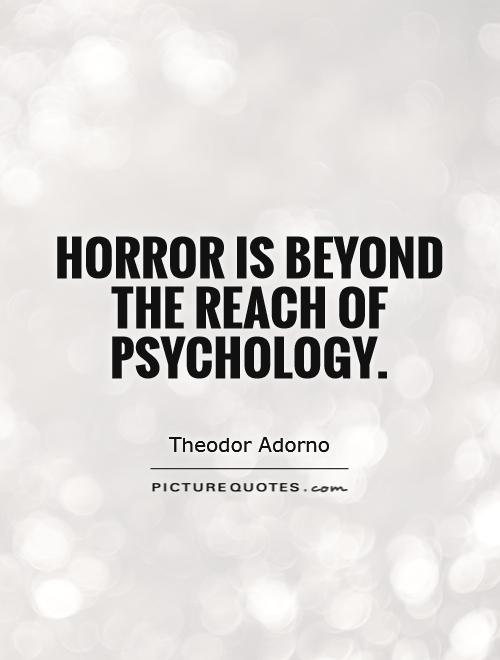
Horror is beyond the reach of psychology
The statement "Horror is beyond the reach of psychology" in the context of Theodor Adorno's work can be interpreted in a variety of ways. Adorno, a prominent German philosopher and sociologist, was known for his critical theory and analysis of culture and society. In his writings, Adorno often explored the darker aspects of human nature and the ways in which society perpetuates violence and oppression.One way to understand this statement is to consider the idea that horror, as a genre or experience, elicits a visceral and emotional response that cannot be fully explained or understood through psychological analysis alone. Horror often deals with themes of fear, death, and the unknown, tapping into deep-seated anxieties and primal instincts. While psychology can offer insights into the cognitive and emotional processes that underlie these reactions, it may fall short in capturing the full scope of horror's impact on the human psyche.
Adorno's work also delved into the ways in which culture and society shape individual behavior and beliefs. He argued that the mass media and popular culture often perpetuate harmful ideologies and reinforce social hierarchies. In the context of horror, this could mean that the genre serves as a reflection of society's collective fears and anxieties, as well as a critique of the systems of power and control that govern our lives.
Furthermore, Adorno believed that art and culture could serve as a means of resistance against oppressive forces. In this sense, horror may be seen as a form of cultural expression that challenges dominant narratives and exposes the darker aspects of human nature. By confronting our fears and anxieties through the lens of horror, we may gain a deeper understanding of ourselves and the world around us.
Overall, the statement "Horror is beyond the reach of psychology" in the context of Theodor Adorno's work invites us to consider the ways in which horror as a genre and experience transcends traditional psychological frameworks and offers insights into the complexities of human nature and society. It challenges us to confront our deepest fears and anxieties, and to critically examine the ways in which culture and society shape our perceptions and beliefs.
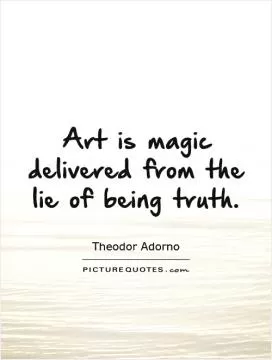
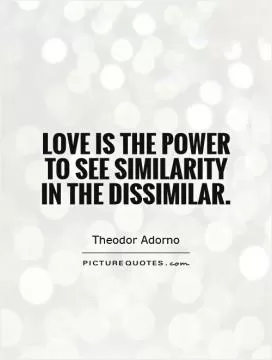

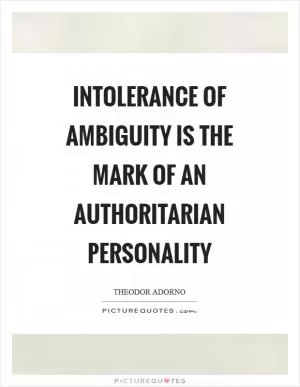

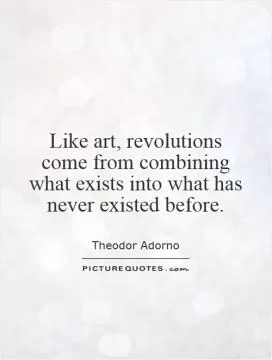


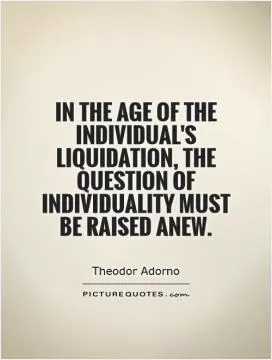
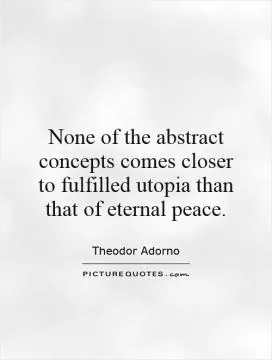


 Friendship Quotes
Friendship Quotes Love Quotes
Love Quotes Life Quotes
Life Quotes Funny Quotes
Funny Quotes Motivational Quotes
Motivational Quotes Inspirational Quotes
Inspirational Quotes